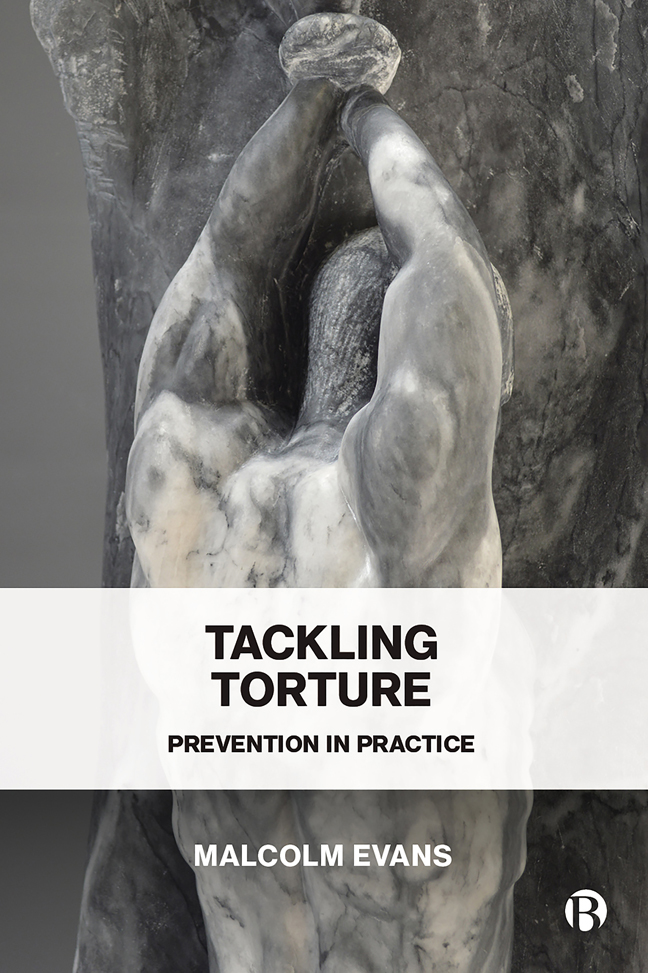Introduction
Published online by Cambridge University Press: 24 January 2024
Summary
This book is about the prohibition and the prevention of torture. In 1948, Article 5 of the Universal Declaration of Human Rights proclaimed that ‘[n]o one shall be subjected to torture or to cruel, inhuman or degrading treatment or punishment’. This is repeated word for word in Article 7 of the International Covenant on Civil and Political Rights, which entered into force in 1976 and legally binds 173 of the countries of the world. The prohibition on torture is repeated or reflected in identical or similar terms in each of the three great legally binding regional human rights conventions covering Europe, the Americas and Africa. Torture is also prohibited by the 2012 ASEAN Human Rights Declaration and the 2020 Cairo Declaration of the Organization of Islamic Cooperation on Human Rights.
In some way or another, virtually every country has acknowledged that torture is to be forbidden. Indeed, it is now accepted that all states, irrespective of whether they have formally agreed to the prohibition or not, are bound by international law to refrain from torture. In 2012 the International Court of Justice in The Hague affirmed that ‘the prohibition of torture is part of customary international law, and it has become a peremptory norm (jus cogens)’. This means that it is a rule from which no derogation is permitted and that it takes priority over any other conflicting legal obligation.
In times of war, torture is prohibited by the Geneva Conventions, and it is a war crime and a crime against humanity falling within the jurisdiction of the International Criminal Court (Cryer, 2020, pp 297– 311). All states which are bound by the 1984 UN Convention against Torture are required to make torture a crime under their domestic law. For the avoidance of doubt, Article 2(2) of the UN Convention also confirms that ‘[n]o exceptional circumstances whatsoever, whether a state of war or a threat of war, internal political instability or any other public emergency, may be invoked as a justification for torture’.
It is not necessary to list the very many other treaties, declarations, court judgments and much else besides which confirm that torture is absolutely prohibited as a matter of international law in all countries, always. Indeed, there are few practices – if any – which are so comprehensively outlawed, and with there being no space whatsoever for justifications, exceptions or excuses.
- Type
- Chapter
- Information
- Tackling TorturePrevention in Practice, pp. 1 - 14Publisher: Bristol University PressPrint publication year: 2023



